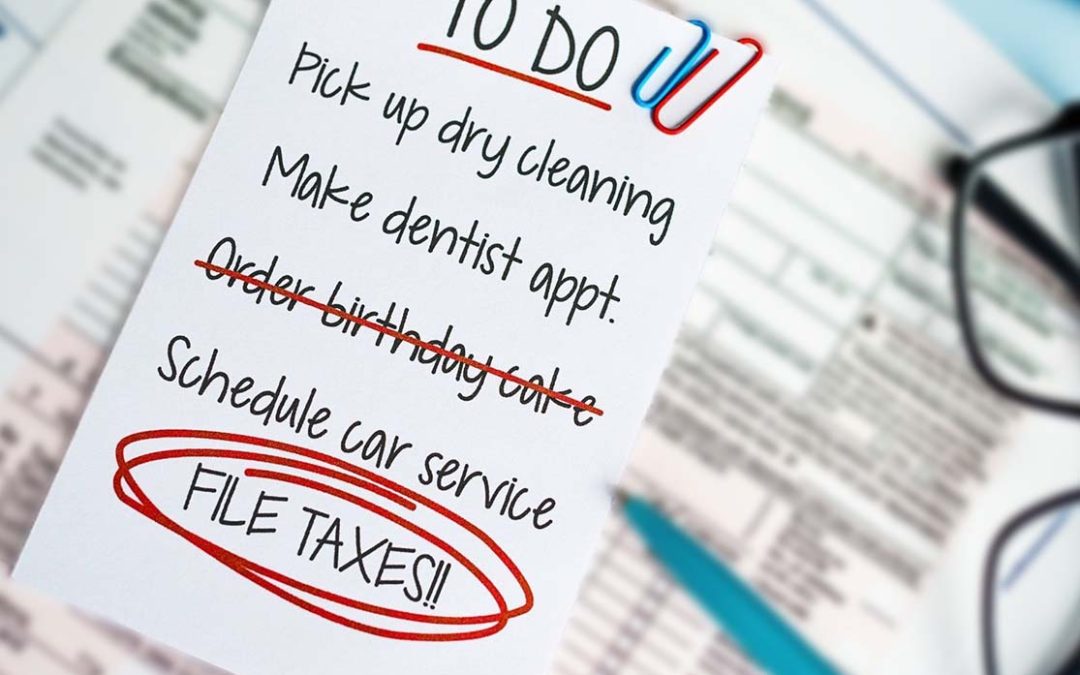1. Top up your ISA
One of the most tax-efficient ways to invest is through an individual savings account (ISA). The 2020/21 personal ISA allowance is £20,000.
There’s no income tax, tax on dividends or capital gains tax (CGT) to pay on any gains from investments held in an ISA. An ISA can hold a wide range of investments, including cash, funds, shares, gilts and bonds.
If you do not use your allowance, you can’t carry it over to a new tax year. So, if you’ve got savings lying around in your current accounts, it may be worthwhile putting as much savings as you can in a tax efficient ISA.
2. Contribute to your Retirement
It may be worthwhile considering topping up your pension to increase your savings for retirement. If you’re employed and contribute to a company pension, check how much you’ve paid in. Many employers will match contributions up to a particular cap, so it’s worth taking advantage of this.
The more income tax you pay, the greater the tax relief on pension contributions. If you’re a basic rate taxpayer, for every £80 you pay in, the taxman will top it up to £100. If you’re a higher or additional rate taxpayer you can claim back up to an additional 20%, or 25% on top of the 20% basic rate tax relief, through your tax return.
The annual allowance for 2020/21 for pension contributions is £40,000 (This may be lower if you earn over £200,000). It’s also worth noting that you can bring forward unused allowances from previous three tax years, as long as you were a member of the pension scheme within those years.
3. Save for your Children
If you have children, you can set up a Junior ISA. Children who are not yet 18 can open a Junior ISA (JISA) in their name with a parent as a guardian.
As with an adult ISA, there’s no income tax, tax on dividends or capital gains tax (CGT) to pay on any gains from investments held in an ISA. The annual allowance for a JISA in 2020/21 is £9,000.
4. Use your Capital Gains Tax Allowance
Everybody has an annual capital gains tax allowance of £12,000 in the 2020/21 tax year. This means that if you dispose or sell any assets such as property, stocks and shares, you won’t be taxed on the profits if they’re below £12,000.
You cannot carry over any unused capital gains tax allowance to the next tax year, so if you are planning to sell your assets, it may be worth considering staggering them over two tax years to take advantage of your allowance.
5. Reduce your Inheritance Tax
Use your annual exemption allowance of £3,000. This allows you to gift that amount without being liable for inheritance tax in the future.
You can carry over your gifting allowance from a previous tax year if unused, making the maximum amount £6,000. There are other exemptions too, such as no tax on wedding or civil partnership gifts up to £5,000 to your children and £2,500 to your grandchildren.
You can also gift to Charity. You can receive full tax relief on your contributions through Gift Aid. Higher-rate or additional-rate taxpayers can claim back the difference between the rate they pay, and the basic rate on their donations.
For example, you donate £100 to a charity, which is boosted to £125 by using Gift Aid. You pay 40 per cent tax, so you can personally claim back £25 (£125 x 20 per cent) via self-assessment, or by asking HM Revenue & Customs to amend your tax code.
It is also possible to donate from your wages or pension via Payroll Giving.
The value of units can go down as well as up, you may get back less than you invested. Tax rates and reliefs are subject to change. This does not constitute personalised advice.

